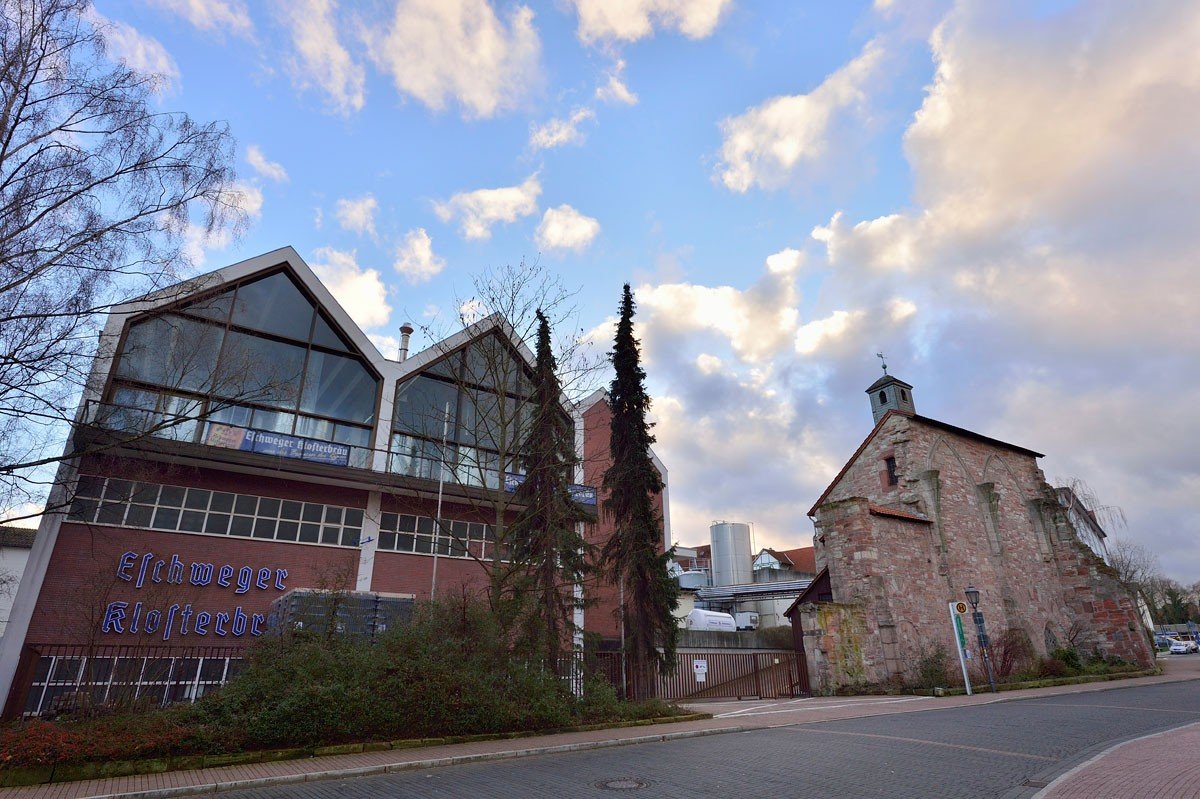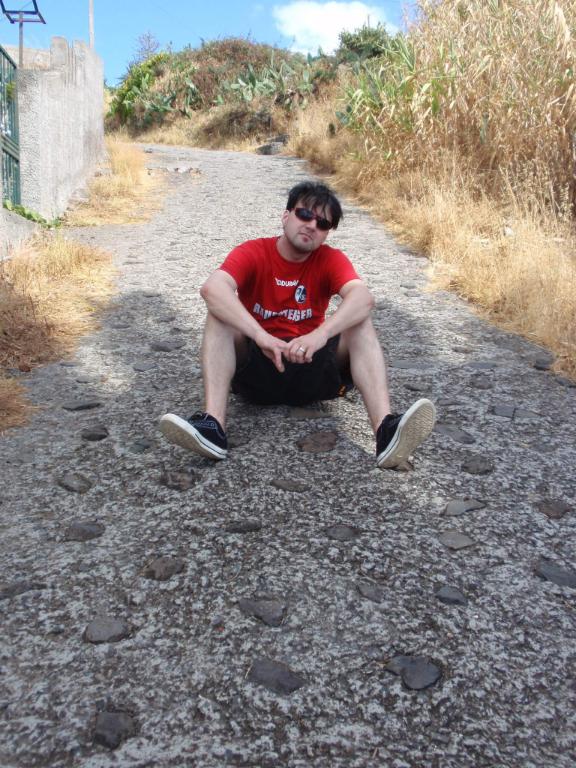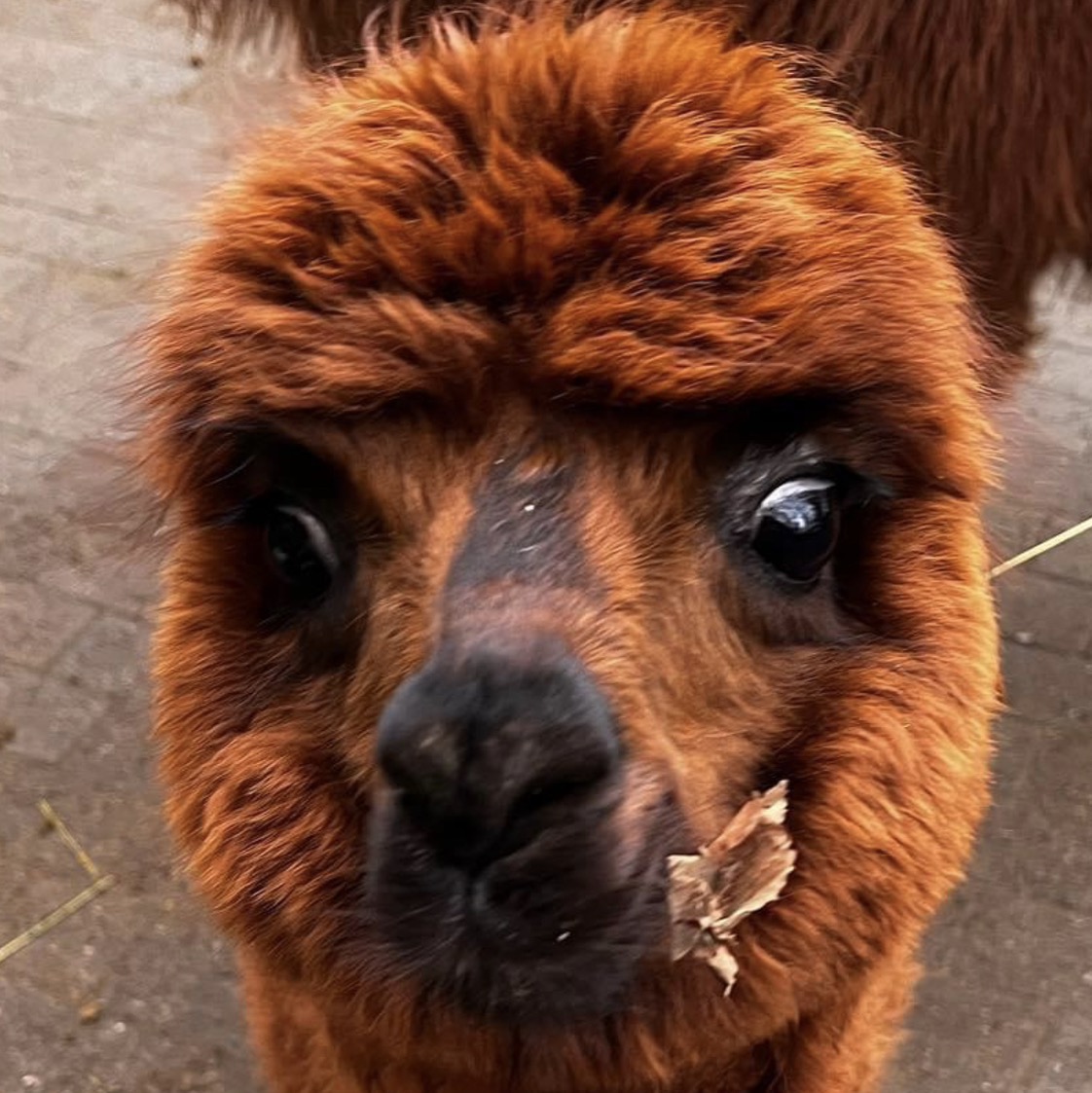Description
In 1839 the master butcher and innkeeper George Christoph Andreas founded what later became the Eschweger Klosterbrauerei, which was initially located in the old town brewery. From 1875, the brewery was moved to the building of the old Augustinian monastery by Jacob Andreas, the founder's son. In 1880 there were a total of six breweries in Eschwege. After the death of her husband Jacob, Elise Andreas continued to run the company from 1892. Ernst Andreas joined the company in 1906 and in 1908, together with his brother-in-law Eduard Döhle, transformed the Eschweger Klosterbrauerei into a public limited company. In the following years, two acquisitions were made - in 1912 the "Bergschlößchen brewery" (Eschwege) was taken over by Otto Brill & Co. and in 1927 the "Bürgerliche Brauhaus" (Allendorf) by Ottilie Strauch. In the second half of the 20th century, numerous technical changes changed the operating process. A new bottling plant (1966), additional aluminum storage tanks (1970), a new brewhouse (1978) were part of these renovation and expansion measures. The logistics and administration of the Eschweger monastery brewery has been located in Thüringer Straße since 2003. Today, the monastery brewery obtains its 500 tons of barley from 16 farmers in the Werra-Meißner district. The annual production was 70,000 hl in 2009 and rose to 80,000 hl in 2010. From 2009 to 2013 the Eschweger Klosterbrauerei produced Duff beer in the Lohnbrau. The Eschweg monastery brewery was managed by the Andreas family until 2018. Ernst Andreas was the fifth generation to run the company. On May 1, 2018, the brewery was handed over to the Vogelsberger country breweries, which belong to the Hochstiftlichen Brauhaus Fulda.












.png)



